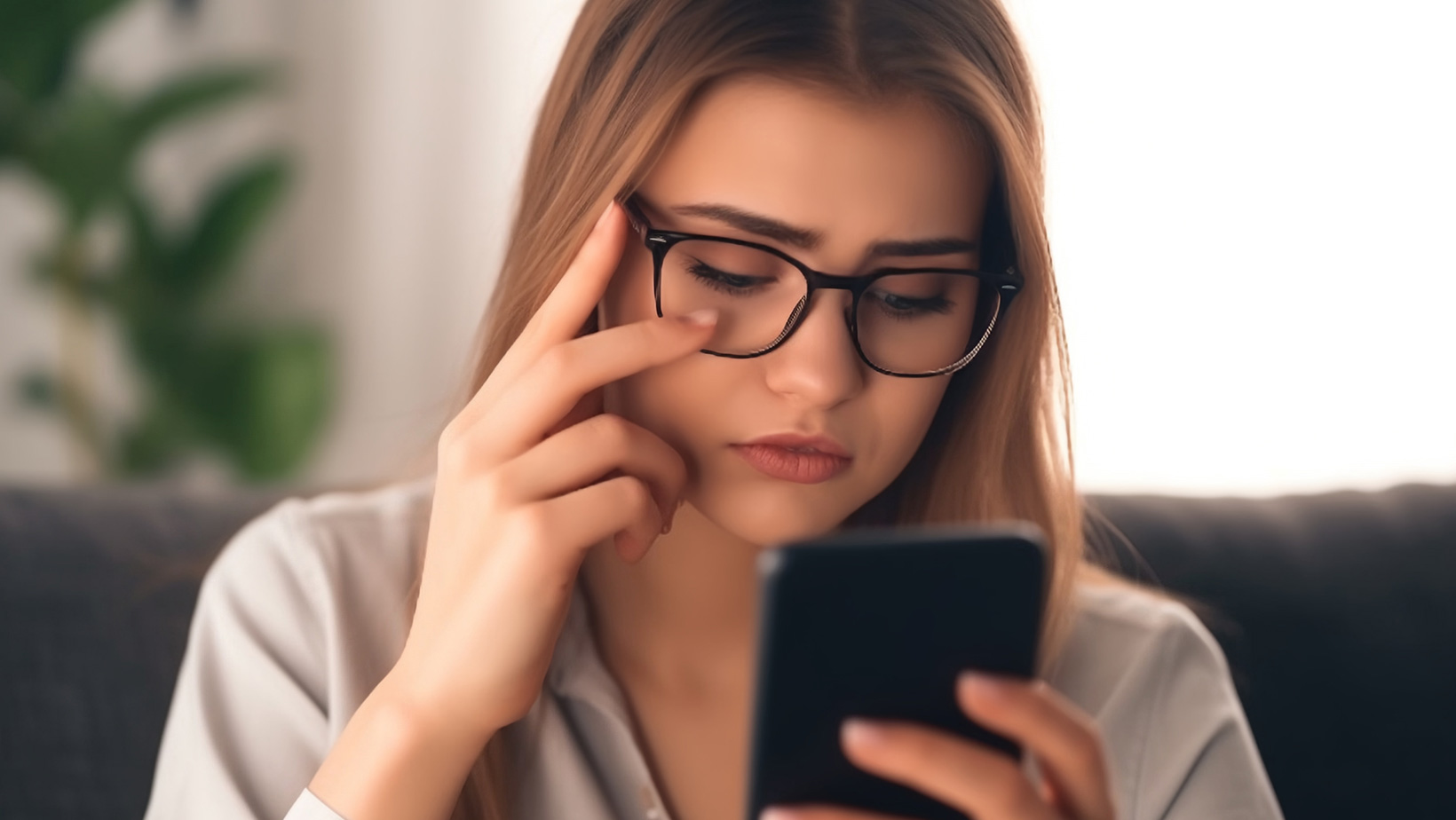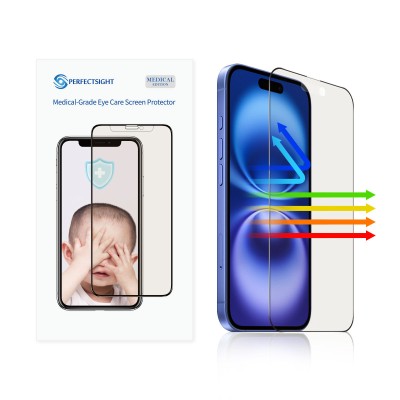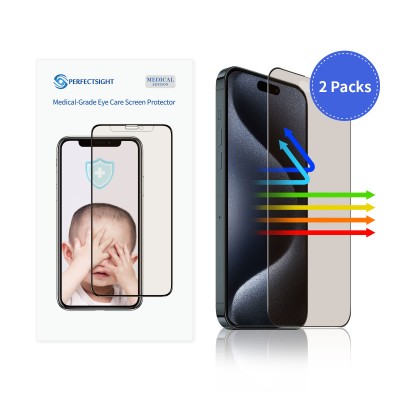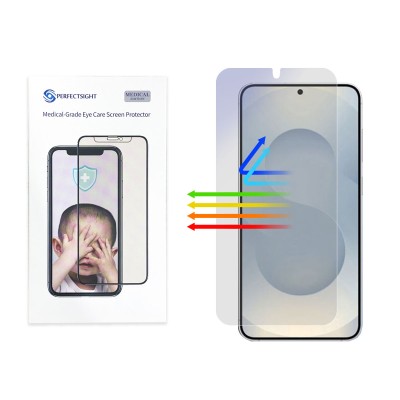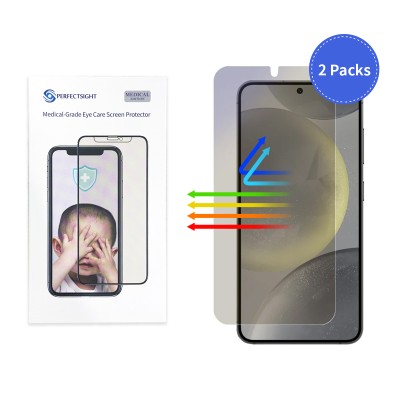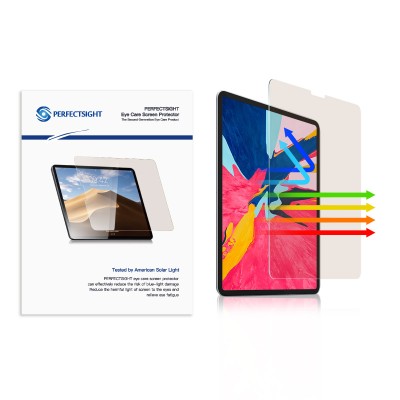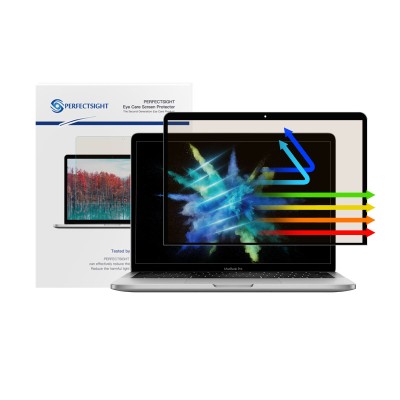Privacy vs. Comfort: Is Your Screen Protector Straining Your Eyes?
In our digital world, privacy is paramount. Privacy screen protectors offer a shield against prying eyes, making them a popular choice for public and professional environments. But could this added privacy be compromising the comfort of your eyes? Let’s delve into how these protectors work and the implications they have on your vision.

How Privacy Screen Protectors Work?
Privacy screen protectors utilize micro-louver technology that limits the viewing angle of your screen. This technology allows only the person directly in front of the screen to see the content clearly, effectively blacking out the view from any side angle beyond about 30 degrees. This is achieved through tiny vertical blinds embedded in the film that obscure the screen at certain angles.
Potential Eye Strain from Privacy Screens
Reduced Screen Clarity: The very nature of micro-louver technology means that some clarity is sacrificed. To see the screen clearly, users often find themselves increasing their screen's brightness, which can lead to higher levels of eye strain.
Visual Comfort Issues: The darkening effect of the privacy screen means your pupils may dilate more to capture more light. This dilation allows more harmful blue light to reach your eyes, increasing eye fatigue, especially during prolonged use.
Weighing Privacy Against Eye Comfort
Personal Security vs. Visual Health: It's essential to consider whether the privacy offered by these screens is worth potential discomfort. While privacy screens are beneficial in high-traffic areas where sensitive information could be exposed, they may not be necessary for everyday use at home.
Alternatives for Protecting Privacy: If the drawbacks seem too significant, there are other ways to protect your privacy. Adjusting your device's brightness or using software solutions that blur or shield content can provide security without compromising on eye comfort.
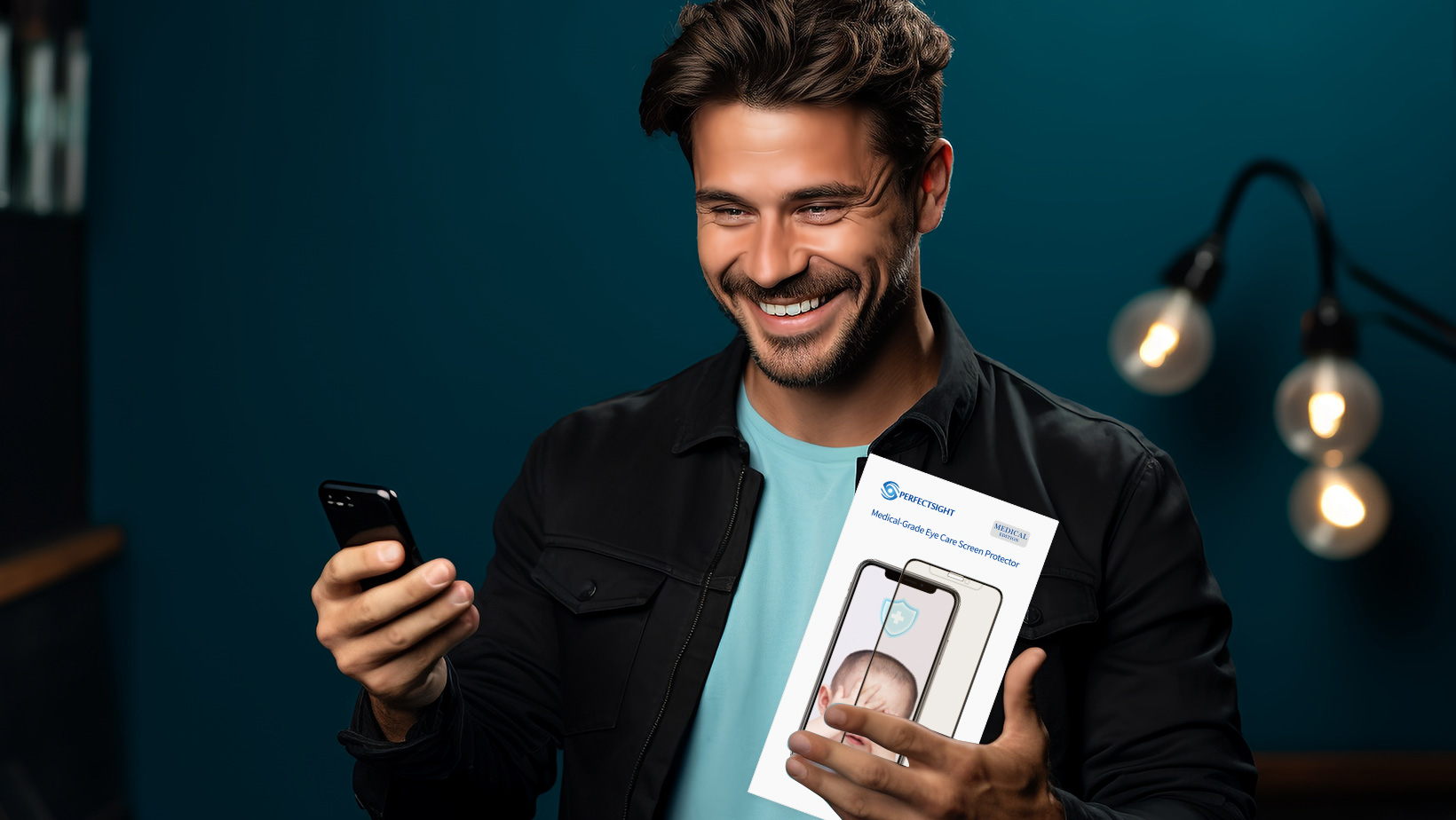
Choosing the right screen protector involves weighing your need for privacy against the potential for eye discomfort. If privacy is essential, be sure to implement strategies to mitigate eye strain, like adjusting your display settings or taking regular screen breaks. For those who prioritize eye health, consider alternatives that protect your privacy without sacrificing visual clarity.
